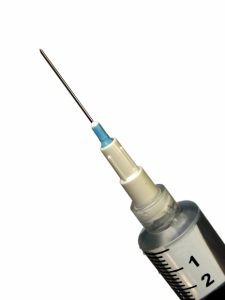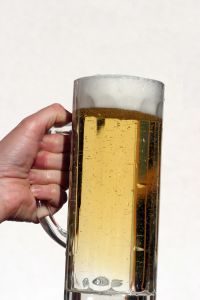The flashing lights in your rearview mirror trigger an all-too-familiar dread. But this time, the stakes are exponentially higher. If you’ve been convicted of DUI before, a new arrest isn’t just another legal hurdle—it’s a potential gateway to life-altering consequences that could include years behind bars, permanent license revocation, and financial devastation that extends far beyond court costs.
Under Florida’s progressive penalty structure, prior DUI convictions don’t simply disappear after you’ve served your sentence. They remain on your record indefinitely, transforming what might otherwise be a manageable legal situation into a catastrophic one. Understanding how these enhancement laws work—and why securing an experienced Broward DUI defense lawyer is absolutely critical—could mean the difference between preserving your freedom and watching your life unravel.
Harsh Reality of Florida DUI Enhancement Laws
Florida Statute § 316.193 establishes a punitive framework that treats repeat DUI offenders with escalating severity. Unlike many other states that allow certain convictions to “wash out” after a specified period, Florida’s lookback period extends indefinitely for felony enhancements, meaning a DUI conviction from decades ago can still elevate your current charges.
Second DUI Offense: Even Misdemeanors Can Become Serious
A second DUI conviction within five years of your first triggers significantly enhanced penalties under F.S. § 316.193(2)(b). The mandatory minimum jail sentence jumps from zero to 10 days, with a maximum of nine months. Your license faces revocation for a minimum of five years, and you’ll be required to install an ignition interlock device for at least one year after reinstatement.
Perhaps most importantly, a second DUI conviction makes you eligible for vehicle impoundment or immobilization for 30 days. This isn’t merely an inconvenience—it’s a direct assault on your ability to maintain employment, fulfill family obligations, and preserve the normalcy of daily life.
Third DUI: Crossing Into Felony Territory
F.S. § 316.193(2)(c) elevates a third DUI conviction to a third-degree felony if it occurs within 10 years of a prior conviction. This transformation from misdemeanor to felony status fundamentally alters the legal landscape. You’re now facing up to five years in prison, five years of probation, and a minimum 10-year license revocation.
The mandatory minimum sentence becomes 30 days in jail. More critically, felony conviction carries collateral consequences that extend far beyond criminal penalties. Employment opportunities vanish, professional licenses may be suspended or revoked, and certain civil rights can be permanently forfeited.
 Fourth DUI & Beyond: Life-Altering Consequences
Fourth DUI & Beyond: Life-Altering Consequences
A fourth DUI conviction, regardless of when prior convictions occurred, constitutes a third-degree felony under F.S. § 316.193(2)(d). The mandatory minimum sentence increases to 30 days, with potential imprisonment of up to five years. Your driving privileges face permanent revocation, meaning you may never legally drive again without extraordinary legal intervention.
The financial impact alone can be devastating. Beyond court costs, fines, and attorney fees, you’ll face dramatically increased insurance premiums, potential civil liability from any accidents, and the long-term economic consequences of felony conviction status.
Out-of-State Convictions: Your Past Follows You to Florida
Florida’s reach extends far beyond state borders, as state law explicitly allows out-of-state DUI convictions to enhance current charges here. This means a DUI conviction from California, New York, Texas, or any other state can be used to elevate your Florida charges just as if the prior conviction occurred in Broward County.
The implications are profound for individuals who may have relocated to Florida years or even decades after resolving DUI charges elsewhere. That conviction you thought was behind you when you moved to Fort Lauderdale remains a powerful weapon in the prosecutor’s arsenal, capable of transforming a first-time Florida DUI into a second offense with all the accompanying enhanced penalties.
Even more troubling, Florida courts have broad discretion in determining whether out-of-state convictions qualify for enhancement purposes. Offenses that might not technically be called “DUI” in other jurisdictions—such as “driving while intoxicated,” “operating under the influence,” or similar charges—may still trigger Florida’s enhancement provisions if they involve impaired driving.
High Stakes: What You Stand to Lose
The difference between a first-time DUI and a repeat offense in Florida isn’t merely academic—it’s the difference between a manageable legal problem and a life-altering crisis. Enhanced DUI charges in Broward County can result in: Continue reading
 Fort Lauderdale Criminal Attorney Blog
Fort Lauderdale Criminal Attorney Blog










